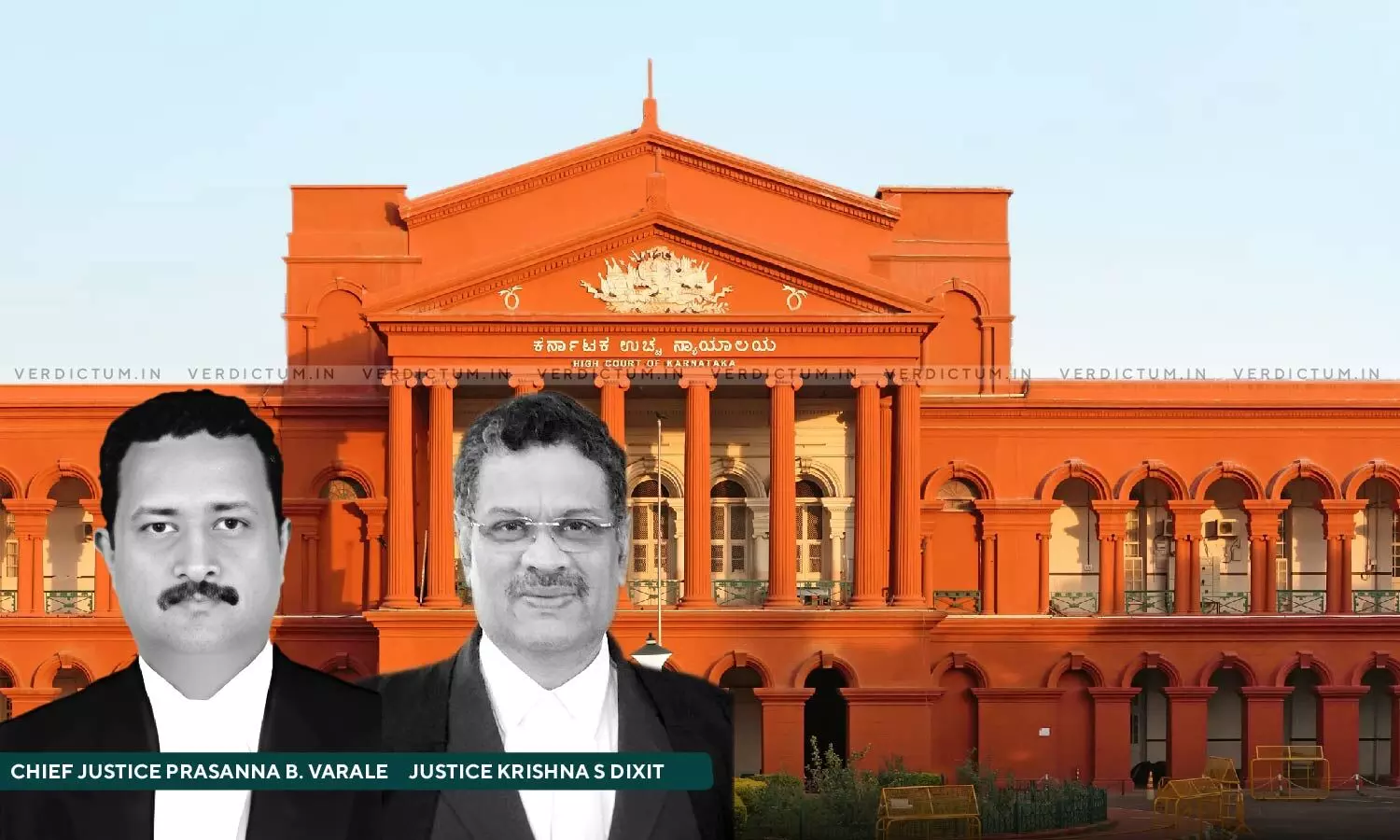
Rule Of Locus Standi Must Be Liberally Construed In Matters Concerning Illegal Grant Of State Largess: Karnataka HC
 |
|The Karnataka High Court held that the Rule of locus standii is always liberally construed to serve the public interest in matters concerning the illegal grant of State Largess.
The Court dismissed an appeal filed by Adichunchanagiri Maha Samstana Mutt. that challenged a Single Bench order. The Single Bench order had ‘set at naught’ the grant of property in favour of the Mutt and had directed a refund of the allotment value to the Mutt.
The grant/allotment of the property was made by the Government under the provisions of Rule 27 of the Karnataka Land Grant Rules, 1969 (1969 Rules).
A Division Bench of Chief Justice Prasanna B. Varale and Justice Krishna S Dixit observed, “In matters concerning illegal grant of State Largess, the Rule of locus standii is always liberally construed and that would serve the public interest. An argument to the contrary would do a lot of dis-service to the public interest inasmuch as no person other than a rival claimant can challenge the grant and therefore, even the grants that are otherwise unsustainable would go with impunity if the rival claimant takes refuge in silence.”
Senior Advocate Vivek Reddy represented the appellant, while AGA Shweta Krishnappa represented the respondents.
Rule 27 of the 1969 Rules does not authorise the Government to make the grant or allotment as it only provides for the relaxation of other rules governing grants. The authority to grant land is vested in Revenue Officials. The Court noted that "such a relaxation has to be preceded by a prima facie opinion of the Government that it is just & reasonable to relax any of the provisions of these Rules"
It was pointed out that the Mutt. was chosen for preferential treatment unilaterally and without giving an opportunity to other similarly circumstanced entities. The Mutt argued that Rule 27 of 1969 Rules provides for preferential grant as an exception to the normal procedure. However, The Court explained that such provisions cannot be construed to authorise the Government to make the allotment on its own as “it does not justify an action that favours one single entity when many other similarly circumstanced aspirants could have been in the fray.”
The Court rejected the argument that the government, having considered the Mutt's application, rightly exercised the power of grant. The Court distinguished between the power to relax rules and the power to grant land under Rule 27. The Court held the government order, making the grant without competence, purportedly relaxed the rigor of Rule 27A(2) of the 1969 Rules.
In conclusion, the Court remarked, “Duplication of citations does not enhance precedential value of a decision. Citing a plethora of decisions of the Apex Court or of one single High Court on the very same point of law, is not desirable since one ruling is enough.”
Accordingly, the High Court dismissed the appeal.
Cause Title: Sri Adichunchanagiri Maha Samstana Mutt. v. State Of Karnataka & Ors. (2024:KHC:2354-DB)